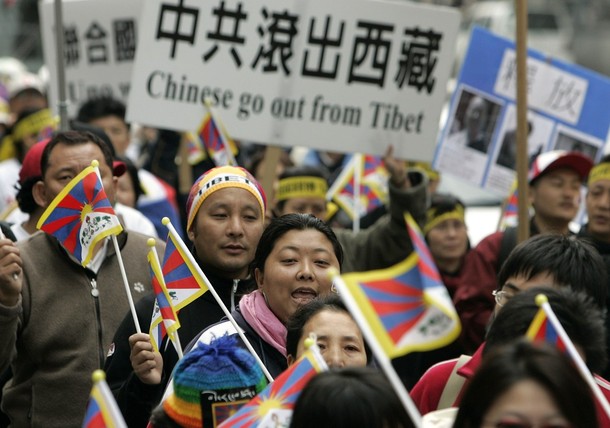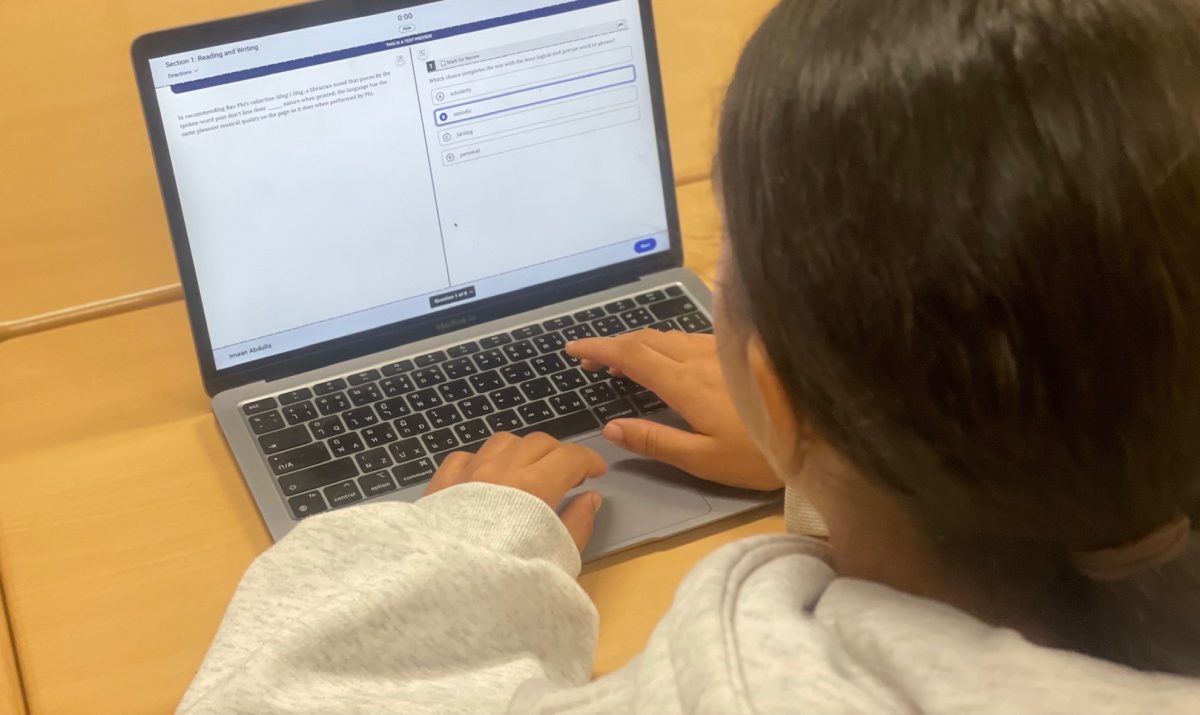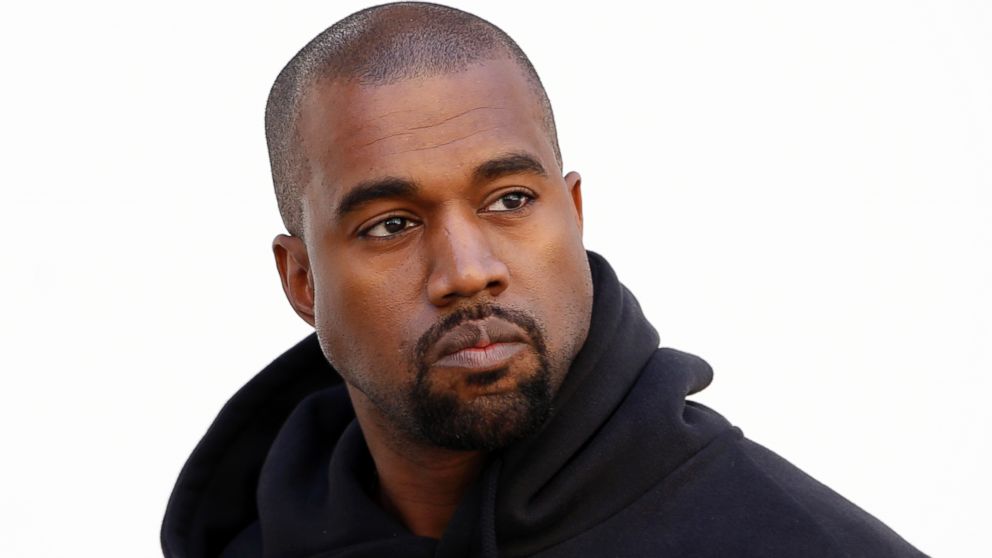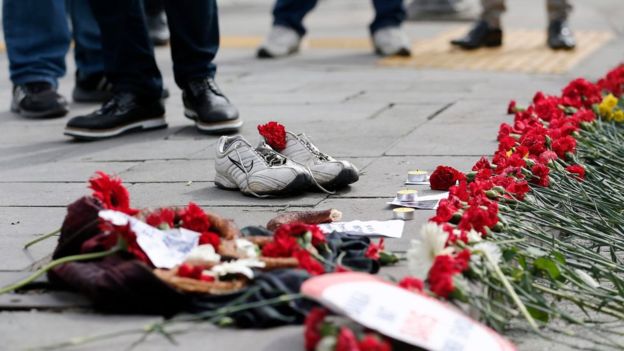In the eyes of the Western observer, the “question of Tibet” yields a response that is as unambiguous as it is obvious: Tibet should not be a part of China, and should regain the autonomy and independence it was forcibly removed of by its annexation in 1951. China is a cruel occupier that seeks to destroy the traditional culture of Tibet, and the Dalai Lama, the traditional spiritual leader who fled to India in 1959, should be allowed to return and resume his leadership over either an independent or at the very least culturally independent Tibet. In the eyes of the Western observer, there is only answer to the Tibet question: Free Tibet.
Nevertheless, the matter of Tibet is not so simple. An anonymous senior, of Chinese heritage, says the following on the subject: “I think, in the long run, it is more detrimental to Tibet to seek out independence,” they begin. “They would be worse off without the backing of such a massive and growing economy like China’s. Without China, Tibet would struggle to even survive. With the wealth of opportunity available in being associated with such a powerful country, Tibet should be thankful instead of fighting battles they can never win.”
Calvin Dawe (12) disagrees rather vehemently, however. “Everyone has kind of forgotten about the plight of the Tibetans, and also the Uighurs,” Dawe says. “China has literally invaded two countries. It is colonialism in the 21st Century; no one realises this. It is tragic, in my opinion, especially because the Chinese government is making such an effort to assimilate these people into Han Chinese society and stamp out their cultures. This is an extremely serious issue, but no one is willing to stand up to China. European colonialism has ended mostly, but Chinese colonialism is still going on today.”
Despite whatever disagreements we may have about Tibet’s right to cultural and political liberation, there is certainly one thing we can agree on: the preservation of basic human rights, and ensuring that everyone, including and perhaps especially Tibetans, are given fair and just treatment and respect as they continue to fight for their right to independence.
Sophie M















